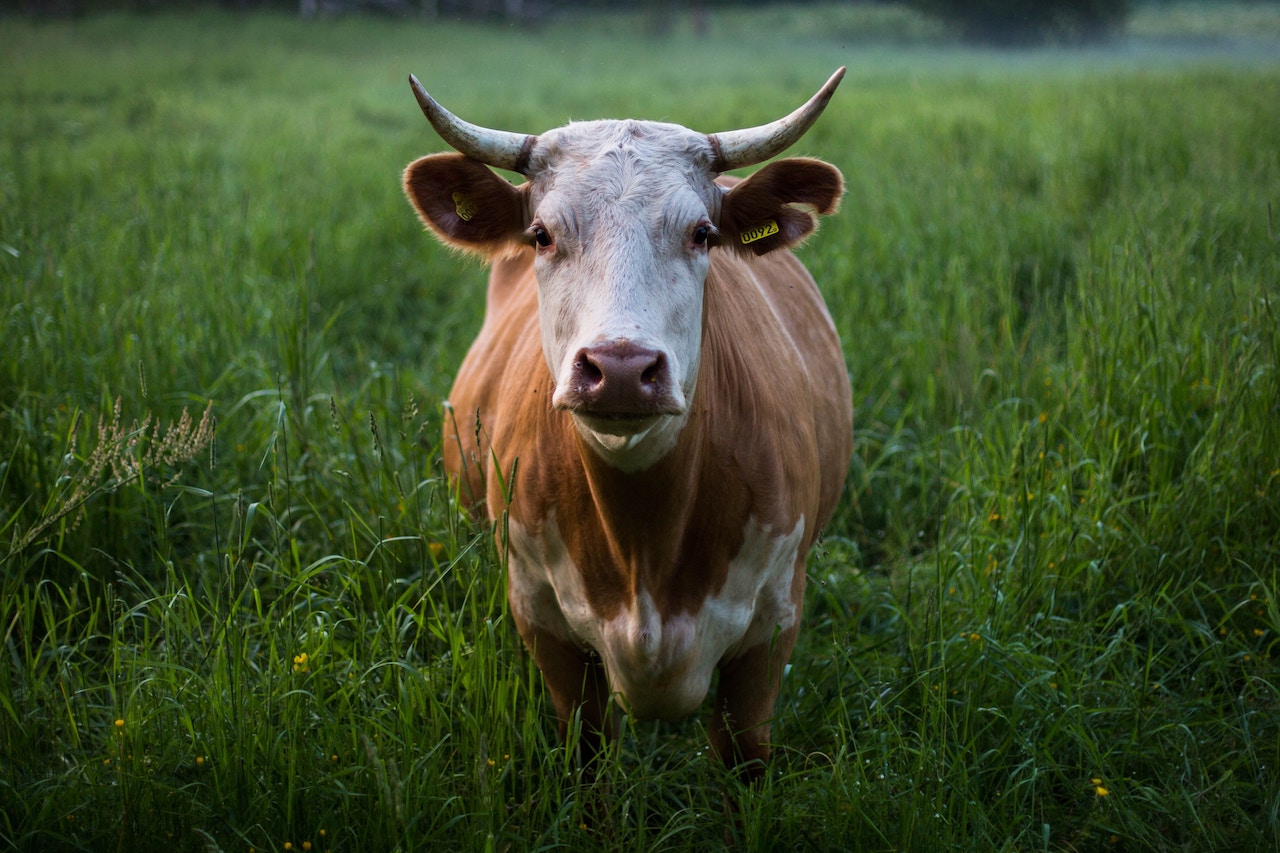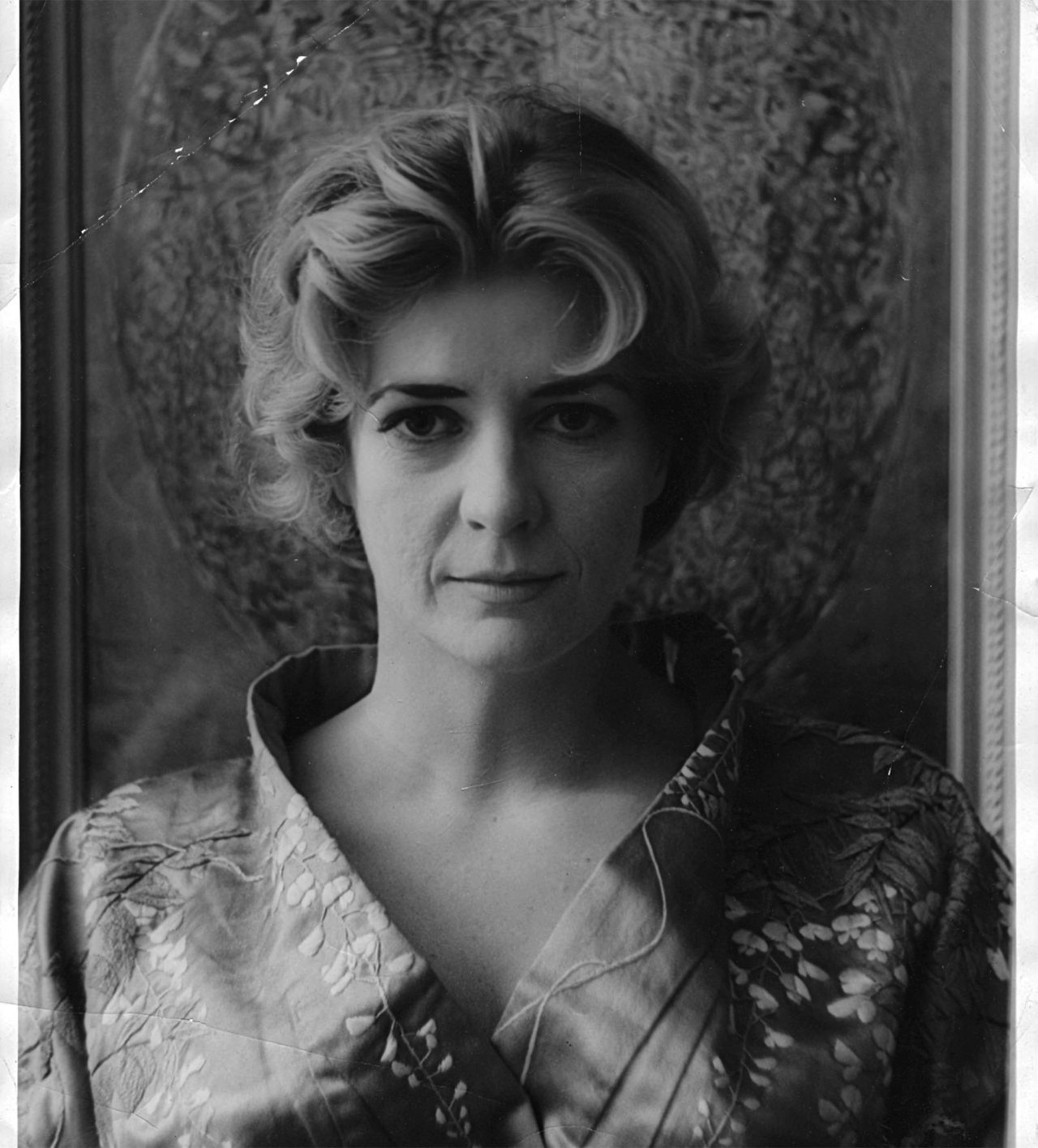Tomas Tranströmer: “Haikudikter”
Congratulations to Tomas Tranströmer, long-awaited and much-deserved winner of The Nobel Prize in Literature for 2011. In honor of the occasion, we’d like to make available a recent piece by the Swedish poet, originally published in the Spring/Summer 2008 issue of Poetry Northwest (the “political” issue). — Haikudikter 1. The power-lines stretch through the kingdom of frost north of all music. * The white sun trains alone, running toward the blue mountain of death. * We must live with the small script of the grass and the laughter from cellars. * The sun is low now. Our enormous shadows. Soon, everything will be overtaken. 2. Orchids. Oil tankers glide past. The moon is full. 3. Medieval stronghold, alien city, cold sphinx, empty arenas. * The leaves whispered: a wild boar at the organ. And the bells rang out. * And the night pours from east to west at the speed of the moon. 4. The presence of God. In the tunnel of birdsong a locked gate opens. * Oak trees and the moon. Light and silent …




